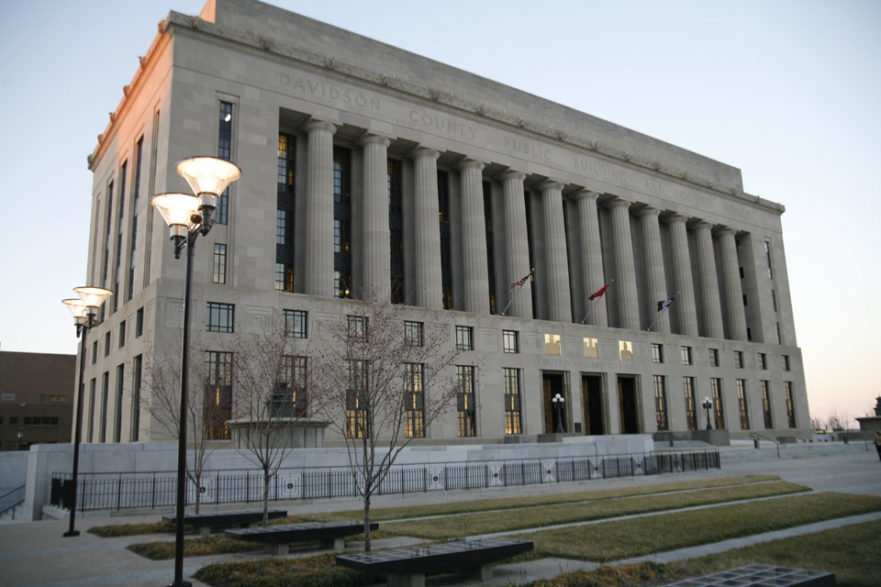If a loved one dies with debt, who is responsible to pay for it?
I recall a friend from church asking with concern in his voice, “My grandfather died owing some credit card debts. Does his family have to pay for this?” While exceptions can apply, the short answer to his question was “no.” Tennessee law says that the personal debts of an individual belong to his or her estate upon death. One exception to this might be if someone acts as a co-signer or guarantor on an account, but typically, the debts of an individual are the responsibility of the person’s estate.
This is supported by Tennessee law in that a creditor (someone owed money) has the right to petition the appropriate court to open the debtor’s (someone owing money) estate. It is also important to keep in mind that there is an absolute one year statute of limitations for a creditor to file a claim against an estate. It is not uncommon for a creditor to request money from a decedent years after the person has passed away. Pursuant to Tennessee law, the creditor’s claim is barred and no recovery is permitted.
The process of probating a Last Will and Testament or proceeding with an intestate (no Will) administration can actually speed up the process by which creditors can file claims against a person’s estate. With proper notice to known creditors and notice of publication to unknown creditors, the time period for filing claims can be shortened to four (4) months from the first date of publication of the notice to unknown creditors. Notice to creditors is an essential component of any estate administration or probate. It is important to note that each case is different and various exceptions may apply. Please feel free to contact us at Fidelis Law to discuss how we might help in the process.

